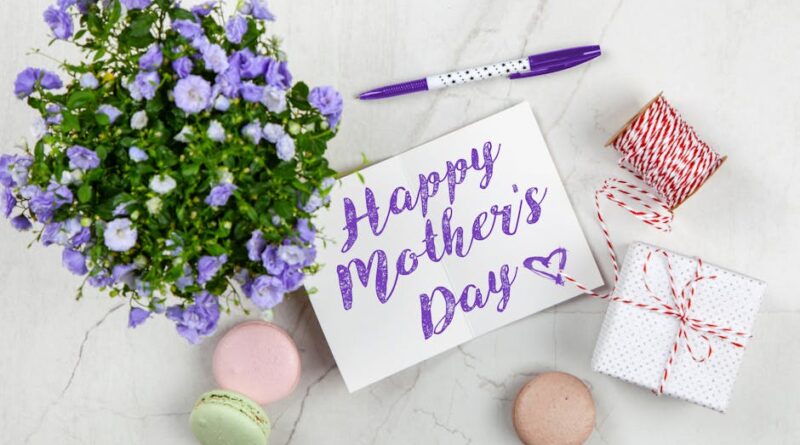The Psychology Behind Gift Card Preferences
Have you ever wondered why some people love gift cards while others dislike them? The psychology behind gift card preferences is fascinating. Understanding these preferences can help you choose the perfect gift or even improve your marketing strategies. Lets dive into the reasons why people lean towards gift cards.
Why Do People Prefer Gift Cards?

Gift cards are popular for a reason. They offer flexibility and choice. According to a survey by the National Retail Federation, 60% of people prefer receiving gift cards because they can buy what they truly want. This simple idea taps into a deeper psychological need: control.
- Freedom of Choice: Gift cards allow recipients to pick what they really want.
- Less Pressure: Choosing a gift can be stressful. A gift card removes that pressure.
- Personalization: While it may seem impersonal, a gift card can be tailored to someone’s favorite store.
In essence, gift cards represent empowerment. They give people the freedom to make their own choices, which is a powerful feeling.
What Makes Gift Cards Appealing?

There are several factors that make gift cards appealing. Lets explore these aspects.
Convenience is Key
Gift cards are easy to buy. You can find them at almost every store. This convenience makes them an attractive option, especially during busy seasons like the holidays. Imagine this: you’re rushing to find a last-minute gift. A gift card saves you time and stress.
Universal Acceptance
Gift cards are accepted at a wide range of stores and services. This universality makes them a safe bet. When you give a gift card, you’re less likely to miss the mark with the recipient. They can choose from a variety of products, making it a win-win situation.
Psychological Value of Money
People often perceive gift cards as cash. They feel a sense of value and excitement when they receive them. This feeling is tied to the concept of “mental accounting.” It suggests that people treat money differently based on where it comes from. For example, a gift card might feel like “found money,” leading to more extravagant spending.
Are There Downsides to Gift Cards?

While gift cards come with many benefits, they also have some downsides. Here are a few to consider:
- Expiration Dates: Some gift cards come with expiration dates, which can frustrate recipients.
- Fees: Certain cards might have hidden fees that reduce their value over time.
- Limited Use: If the card is for a store the recipient doesnt like, it can feel like a wasted gift.
Addressing these downsides can help you give a more thoughtful gift card that truly resonates with the recipient.
What Do People Really Think About Gift Cards?

Many people have mixed feelings about gift cards. While they appreciate the convenience, some view them as impersonal. A study by [Psychology Today](https://www.psychologytoday.com/us/blog/the-psychology-gift-giving/201712/the-psychology-gift-cards) suggests that the emotional connection to a gift matters. The best gifts often reflect thoughtfulness and understanding of the recipient’s desires.
How to Make Gift Cards More Personal
Here are some tips to make gift cards feel more personal:
- Pair with a Personal Note: Add a heartfelt message to show you care.
- Choose Wisely: Select a store or service that aligns with the recipients interests.
- Add a Small Gift: Include a small item alongside the card for a thoughtful touch.
These small gestures can elevate a simple gift card into something memorable.
What Does the Research Say?
Research shows that gift card preferences vary by age and gender. For instance, younger people often prefer digital gift cards, while older generations may prefer physical ones. A study found that 45% of millennials favor electronic gift cards for their speed and ease of use.
Additionally, different demographics prioritize different aspects of gift cards. For example, women might prefer cards from popular fashion retailers, while men might lean toward tech or gaming stores. Understanding these trends can help you choose the right gift card.
Can You Change Gift Card Preferences?
Gift card preferences can change over time. Peoples interests evolve, and so do their shopping habits. Here are ways to stay on top of these changes:
- Ask Questions: Engage with friends and family about their favorite stores and experiences.
- Pay Attention: Notice what they talk about or share on social media.
- Be Observant: Look at their shopping habits when you’re together.
By staying engaged, you can better understand what they truly want.
Conclusion: The Gift of Giving
In summary, gift card preferences reflect a complex blend of psychology and practicality. They offer freedom, convenience, and personalization. However, it’s important to consider the recipients feelings about gift cards.
Remember the key takeaways:
- Gift cards empower people with choice.
- They are convenient and universally accepted.
- Personal touches make gift cards more meaningful.
So next time you need a gift, consider the power of the gift card. With a little thought, it can be a meaningful gesture that brings joy to the recipient. Happy gifting!


